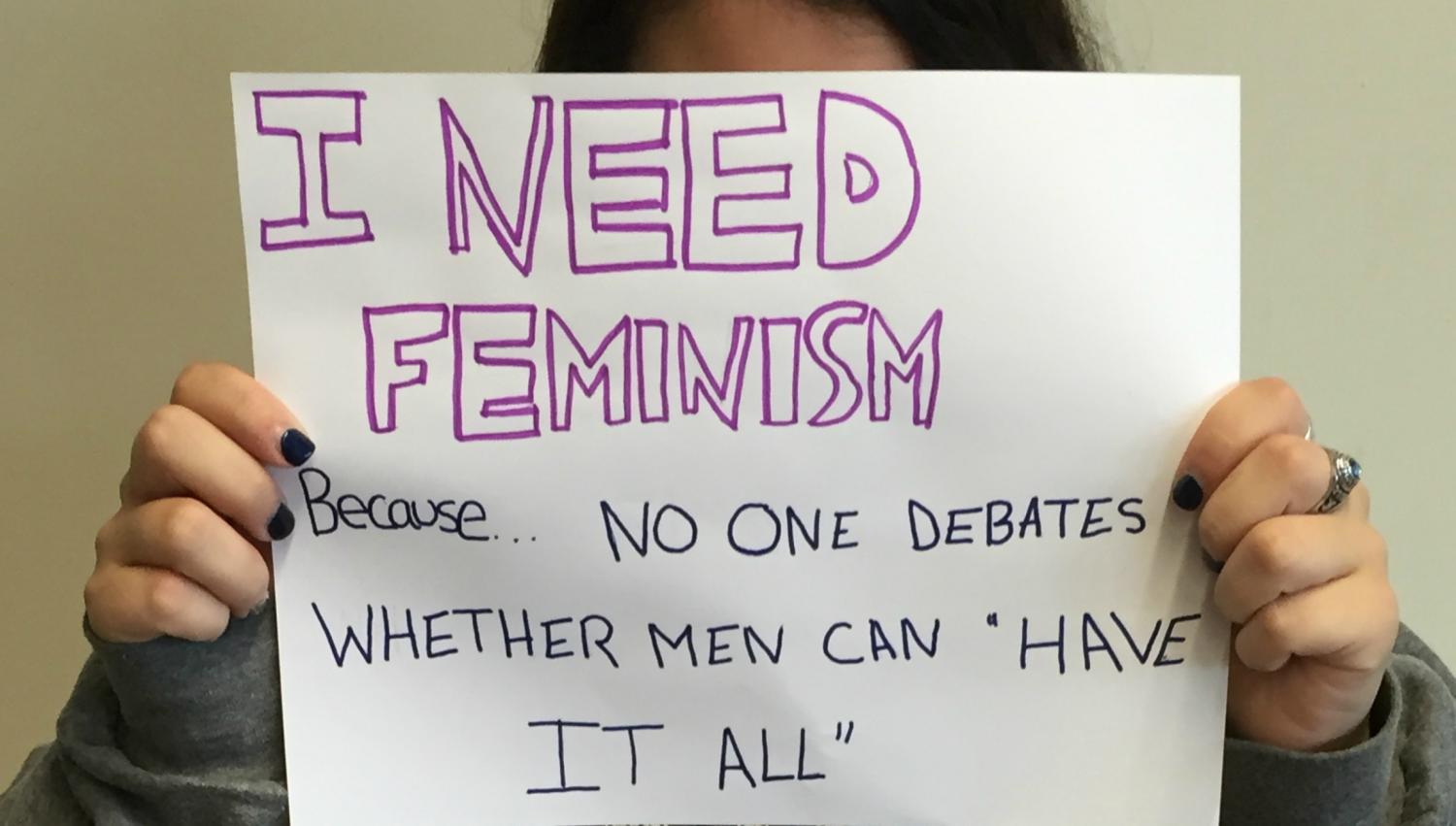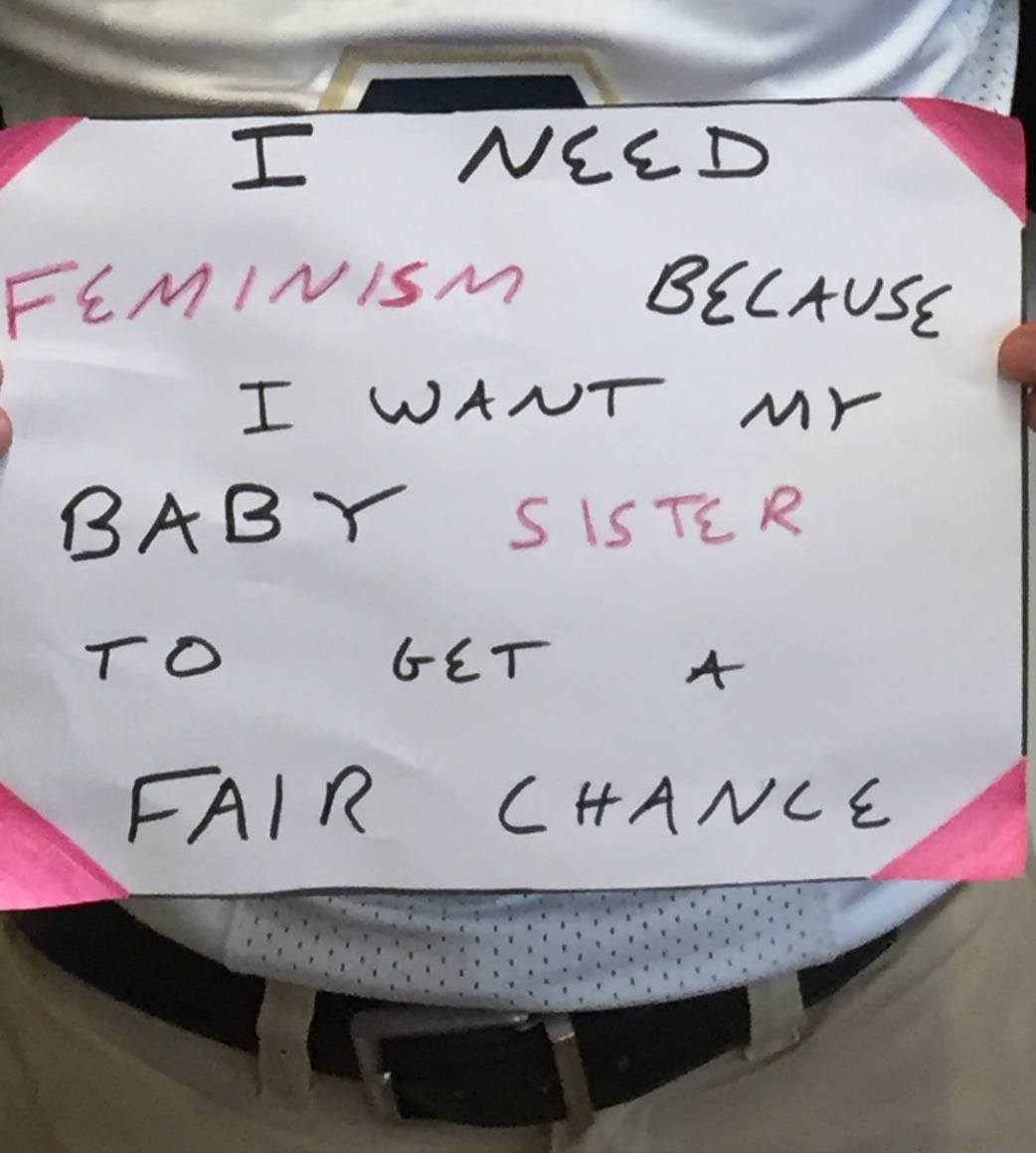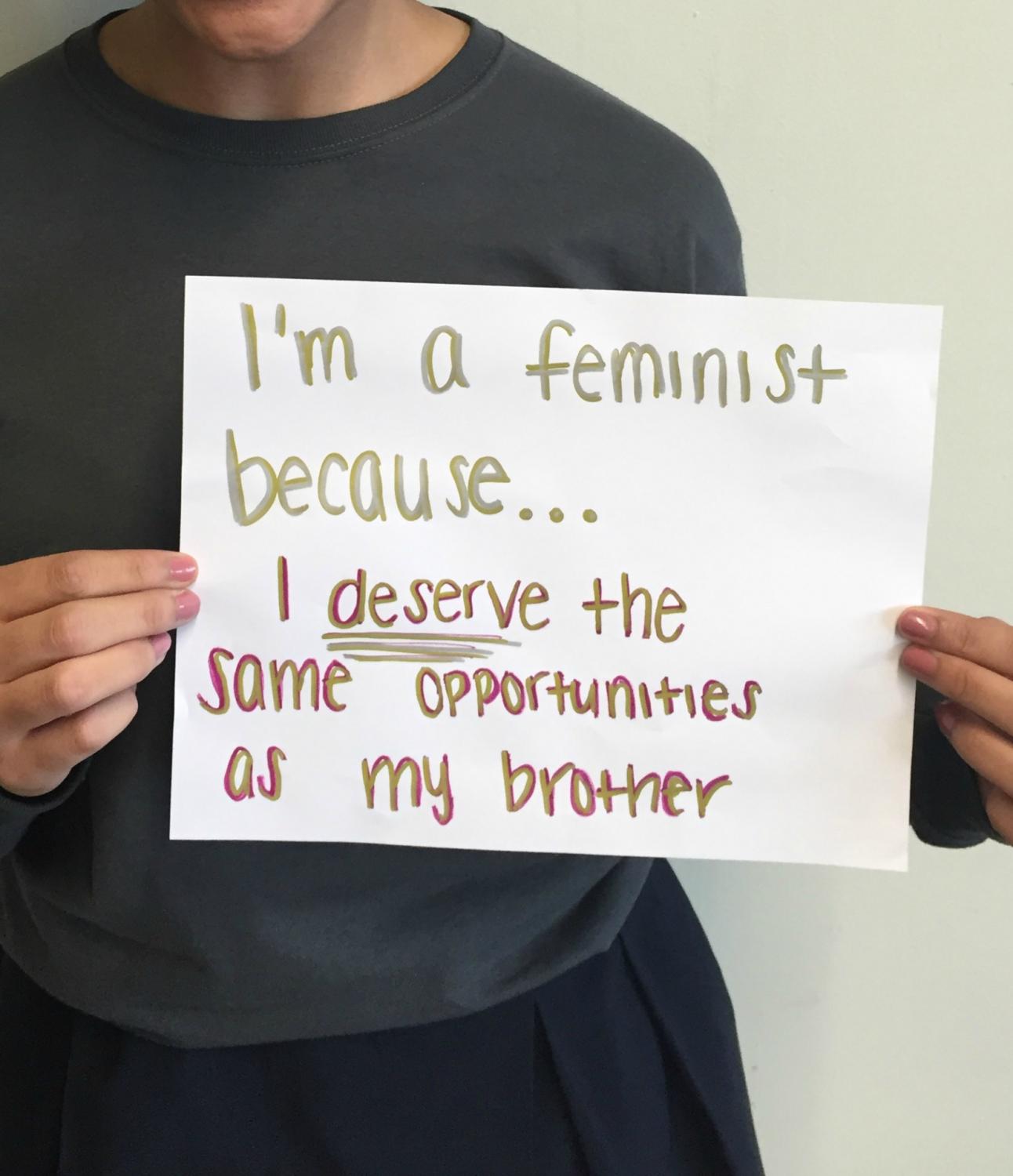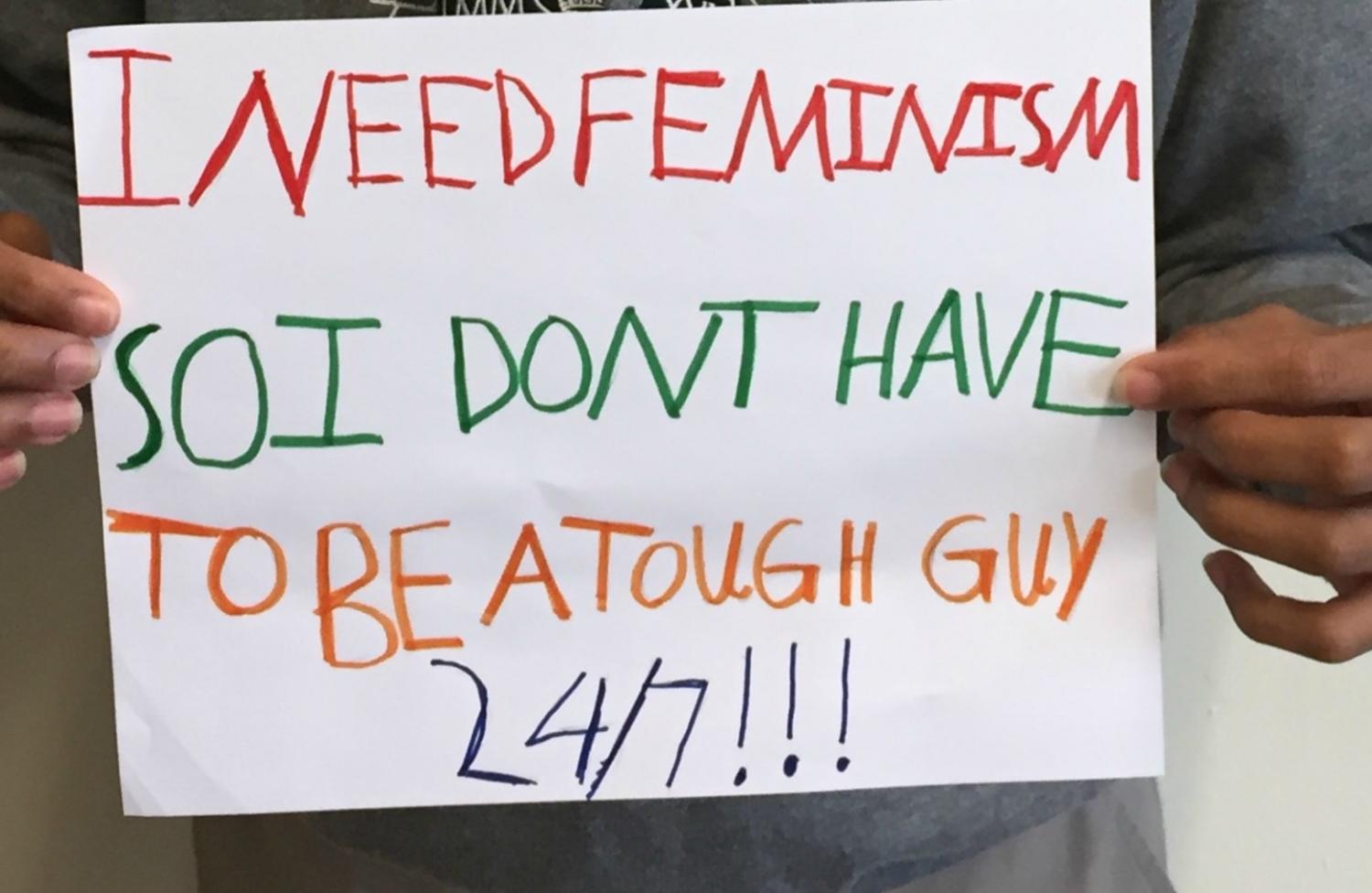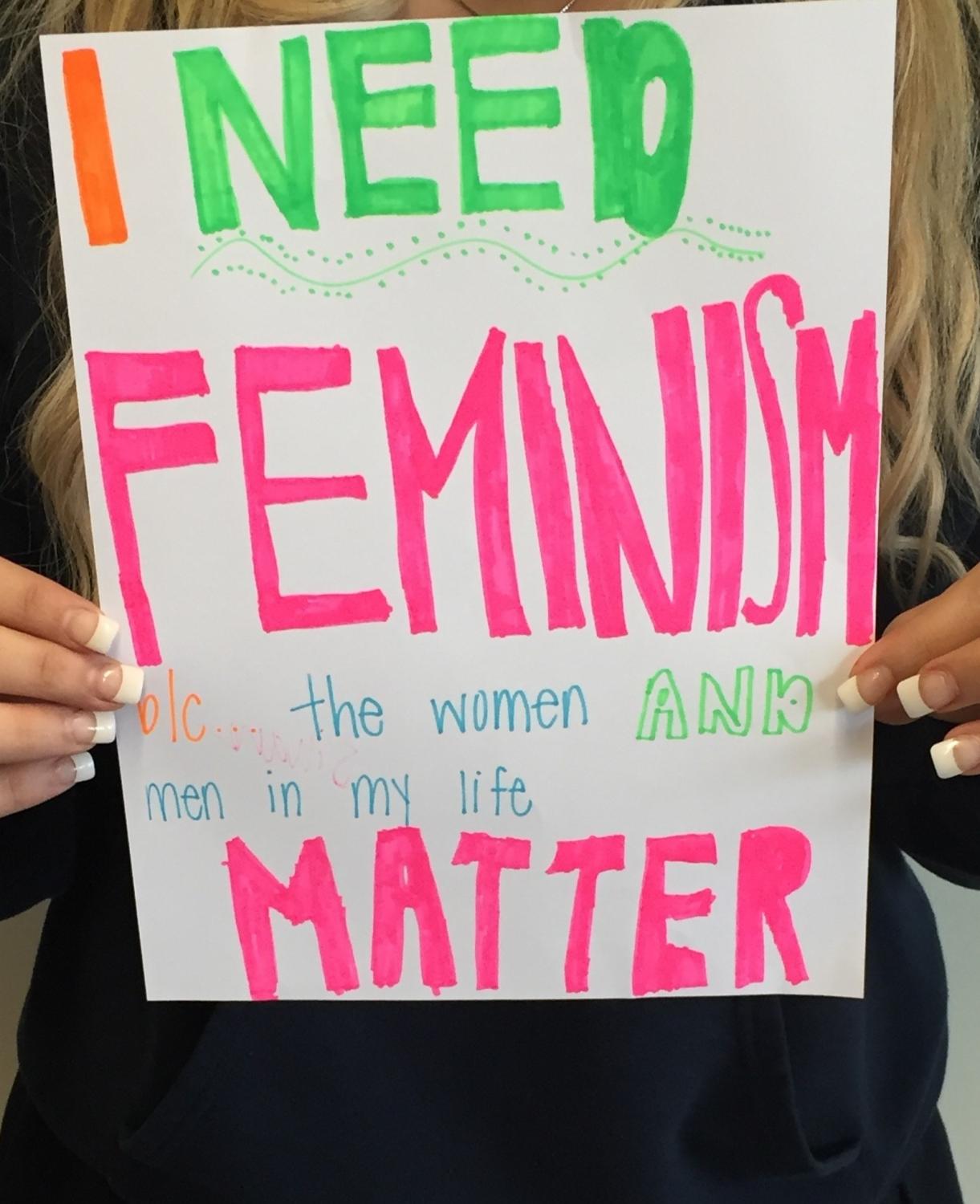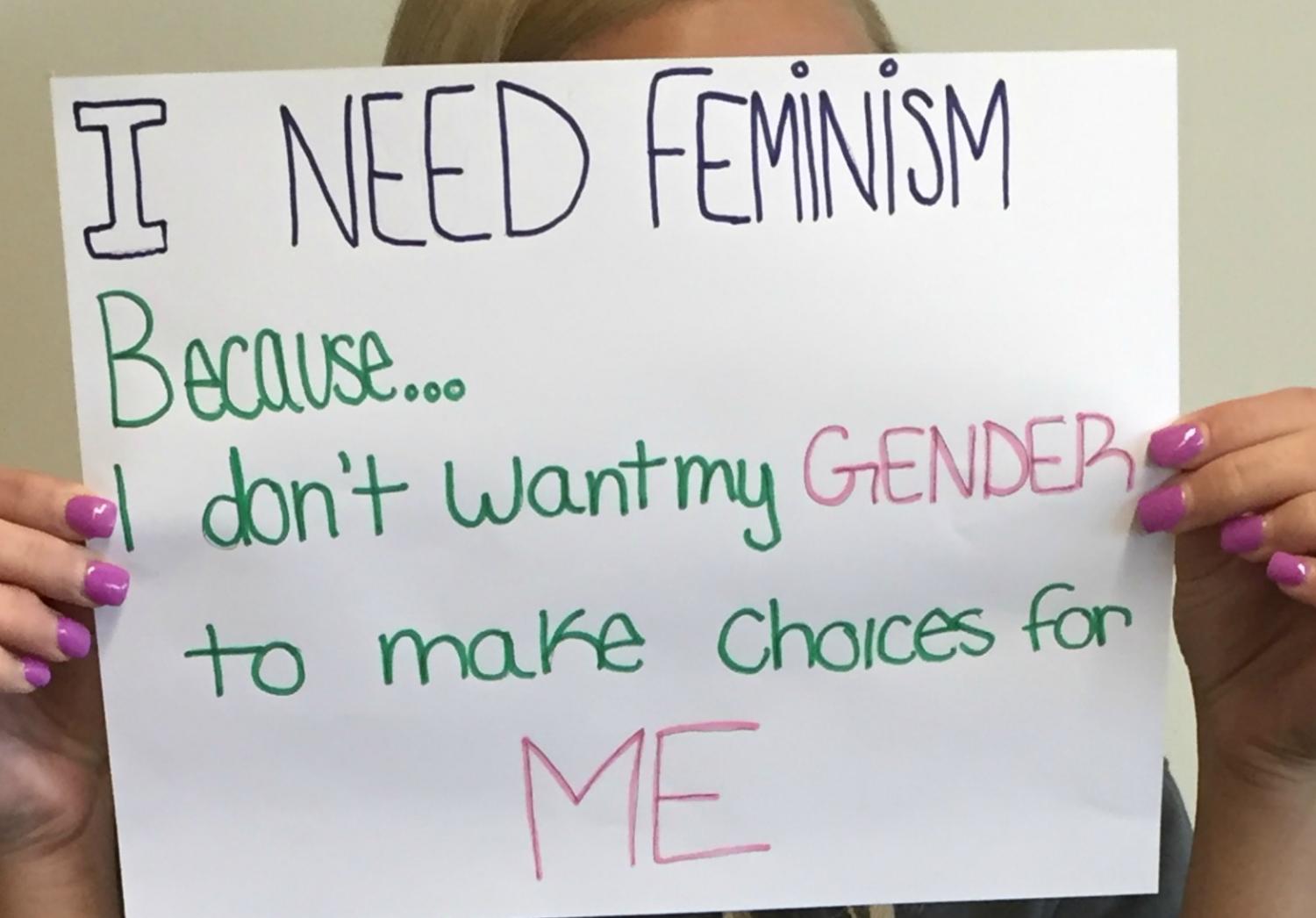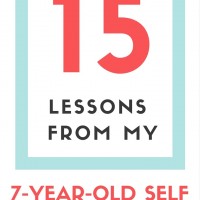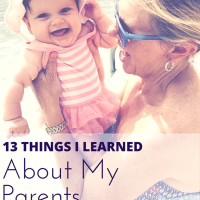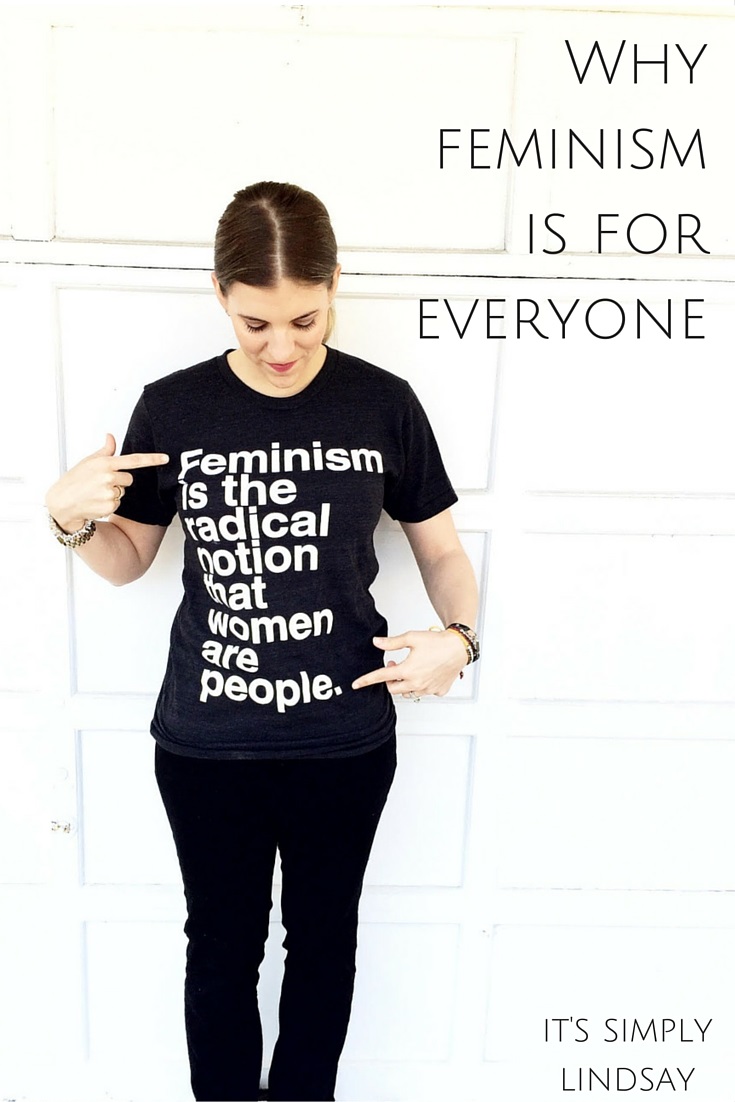
Let me ask you a question: Are you a feminist? (Shake your head yes or no.)
Okay, so when you heard the word feminist, what did you think of?
Angry lesbians who don’t wear bras?
Spiteful women who hate men?
Crazy females who believe women are superior to men and deserve special treatment?
Well, if that is the case, I would have a hard time convincing you that, in fact, YOU are a feminist. But thankfully my job is much easier because despite popular belief, feminism does not embody any of these statements. Are you shocked? Here, let me ask you another question: Do you believe men and women should have equal rights and opportunities socially, politically, and economically? Think about that statement. It would be difficult to find anyone who would say no to that question, right?
Why Feminism is for Everyone
Then I have good news for you, my friends – you are a feminist. And that is a good thing. And you should be proud of that. Let me explain why men, women, boys, and girls need feminism.
I can’t tell you how many times I’ve heard people say to my face, ‘Oh you’re one of those feminists…’ or give me a snide look and an eye roll when they hear that I kept my own name after marriage. With how many negative comments I have gotten to my face, I can only imagine the things that go on behind my back. I mean truly, people label me a feminist and act as if I torture puppies and support gang violence in my spare time. I don’t have time for any of that – I have other hobbies. However, I believe that criticizing others is no way to change the misconception of the term; instead, I choose to educate others.
Radical Feminism
Remember those images of crazed, man-hating women I referred to before? Unfortunately, the people who seem to catch the attention of the news make the public believe that they are true feminists, but this is simply not the case. Extreme versions of any movement do not reflect the true values and nature of the group. So if you have negative perceptions of what it means to be feminist, think back to the definition of the term: believing that men and women should have equal rights and opportunities socially, politically, and economically. Are you still with me? Good! Say it with me now: Radical feminism is NOT FEMINISM.
I’m all for women’s rights but…
I have to inwardly chuckle when people tell me that they’re all for women’s rights, and of course they support men and women socially, politically, and economically, but they are NOT feminist. That would be the same as this conversation:
Bob: Lindsay, what do you do for a living?
Lindsay: I facilitate a learning environment for 17-18-year-old students in which we read and analyze British literature, write literary analysis essays, and practice formal discussions.
Bob: Oh, so you’re a high school English teacher?
Lindsay: Goodness no, I wouldn’t call myself that!
Listen, I’m telling this all to you in the spirit of education because I have faith in you; I have faith in your ability to rise above your past pre-conceived notions of the word feminist; I have faith that you are smarter and stronger than whatever awkward feelings you have about the erroneous definition society has painted for you. I have faith that you will learn something new, confidently say you support feminism, and spread awareness of this true meaning.
Feminism supports all people
Are you a person? Then feminism supports you. How great is that? Why would you not support something that supports you? Seems silly, right?
Feminism supports women
…by empowering them and showing society this, too. This does not mean that feminists view women as victims or that women need to take over the world. Women have a history of oppression in America, and while we have come a long way, we shouldn’t ignore the past or the present obstacles women face. Yes, women can vote now. Yes, women can own property and open their own bank accounts. From the undeniable gender wage gap to the rampant sex-trade throughout the world, women definitely need to be supported, even in 21st century America. You might be interested in reading about my experience with discrimination in the workplace or more research about gender discrepancies.
Feminism supports men
Men also face challenges and unfair social stigmas and expectations. Feminism asserts that men shouldn’t be expected to live up to unrealistic ideals that society and the media pushes; it says that you shouldn’t be teased, bullied, or ignored for being different; it supports you not giving in to participating in sexist practices. Men – feminism says that you deserve much more than this. Join these wonderful men in their advocacy for feminism: Ryan Gosling, Will Smith, Ben Stiller, Danielle Radcliffe, Ashton Kutcher, and Danielle Craig (and so many more).
But feminism sounds like female…
Since I think controversial topics should be discussed and embraced, I had the chance to casually talk about feminism at Thanksgiving dinner. One of the men at the table sort of laughed and scoffed at the topic, but my mom jumped in for me to tell everyone what feminism actually is. What a great teaching moment! After I explained what feminism in its true sense is, my male counterpart actually listened and was on board. But then he said that he doesn’t want to call himself a feminist because it sounds like female – why can’t it be called humanism if it supports men and women?
Guys, I know you are intelligent, strong men who are confident in your masculinity and will quickly get over this and will assert that you are a feminist. You are above a word sounding “girly,” just like you can totally rock a pink shirt and look handsome. Just like your masculinity isn’t mutually exclusive to baking, dancing, cleaning, caring for your children, and having emotions.
Also keep in mind that in writing, it is a common practice to use the pronoun he instead of she, and while ‘he slash she’ is sometimes used, we never see ‘she’ being the primary pronoun referring to a group of men and women. Furthermore, if you were getting the attention of a group of men and women, would you ever say “hey girls”? No, of course not! How silly. But we refer to men and women as ‘guys.’ Interesting.
These pictures were created by my 12th grade students as part of a feminism unit.
If you have any more questions, concerns, or would like further research or reading, please let me know.
What are your feelings about feminism? Are you willing to take a step back from your pre-conceived notions or negative connotation to embrace the true meaning of the term?






